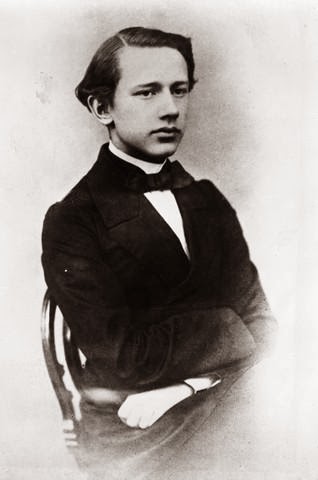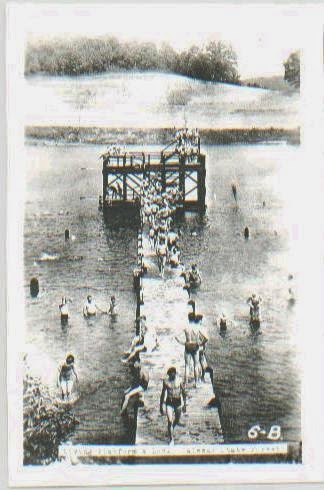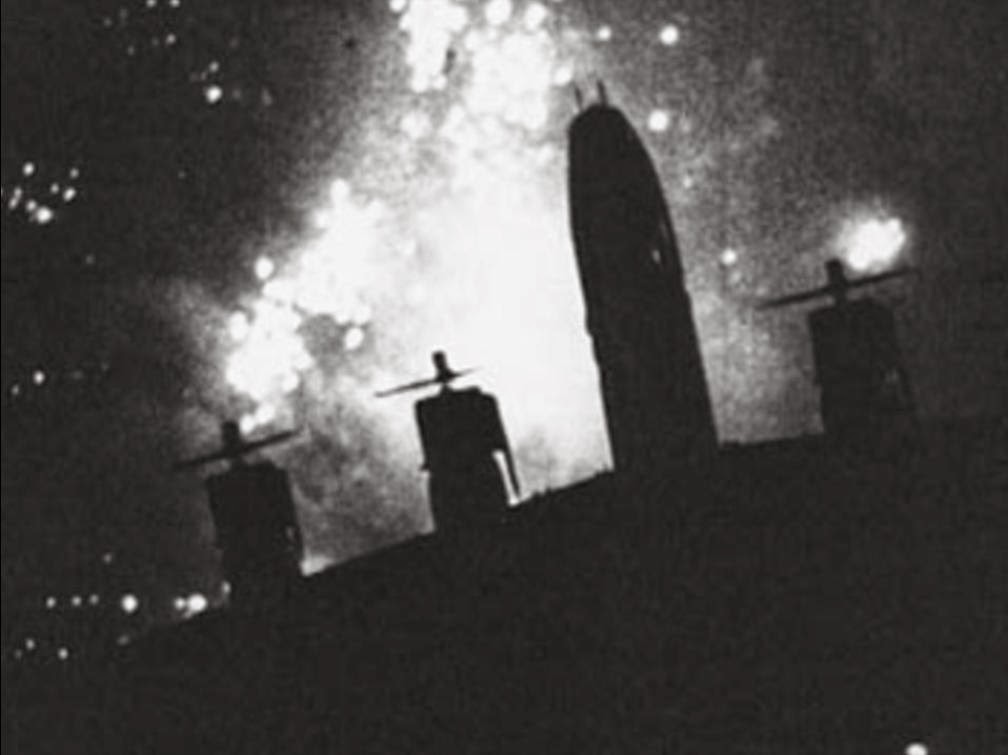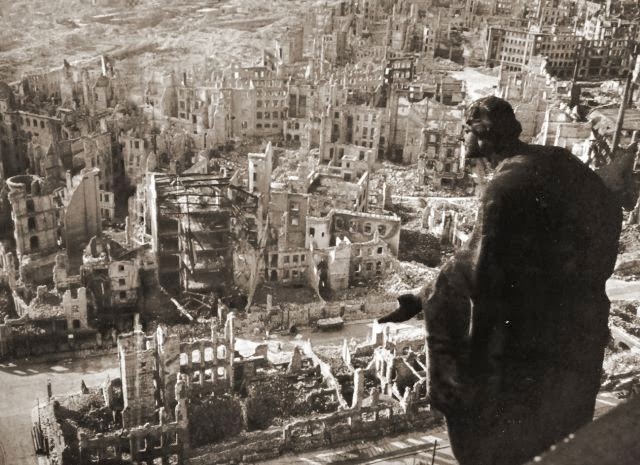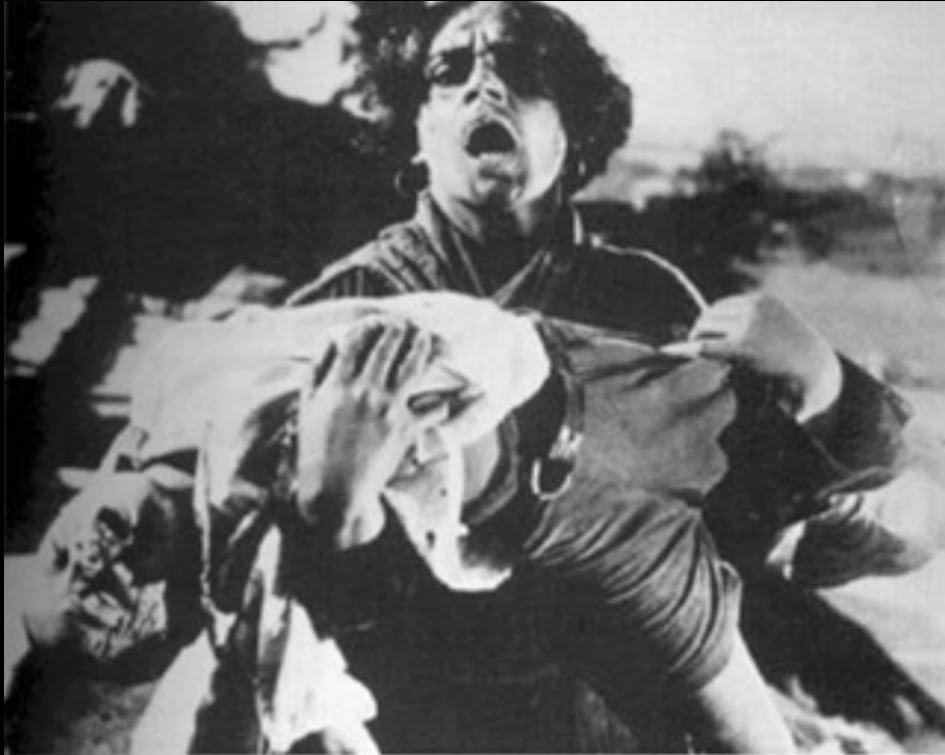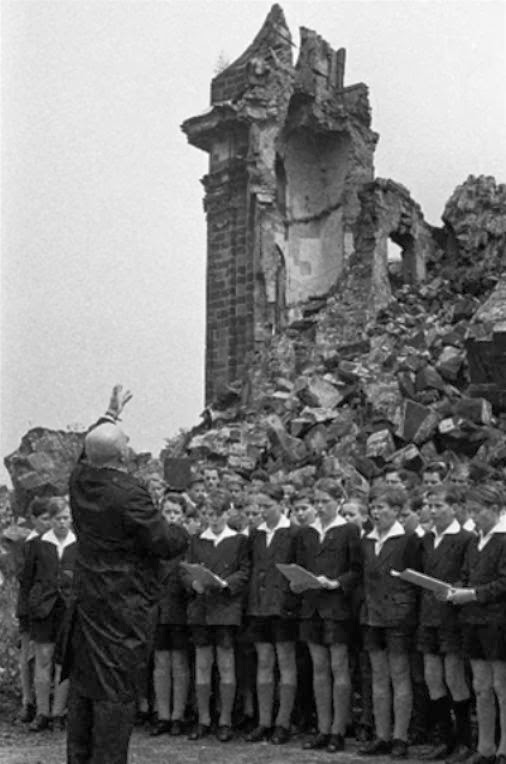Ned and I were not that young but felt as though we were going on just sixteen. We were glad that we were old enough to drive, but I don’t think that either of us was ready to be any older. We each felt so repressed in our families that we really had not grown up; we felt more comfortable somehow as just mid-teens, to belatedly begin to explore the world and ourselves at a time when many already had several years of experience growing. I got to know him more briefly than I would have liked.
Unlike many young, more fortunate gays these days, we had little understanding of ourselves, no sense of orientation. Even had we understood ourselves, we felt in our time that we would have had to hide our orientation from the world, let alone our families. That repression wounded our sense of self-esteem and hindered our courage to explore and to take new risks like many other teenagers. So, Ned and I were alike in many ways and naturally gravitated toward each other when we met.
With me, Ned was very open and honest. One day, he sat down with me and explained very simply that he wished to be my special friend, a long-term partner. This was all new to me, and I was confused. I was not quite sure what to do. After all, every lesson that I had learned growing up told me that normal was straight, normal was eventually getting married, normal was having kids. Having another guy as your special friend was not normal. I thought carefully about it and, at least, committed to our being very good friends; but I was not sure beyond that.
We began to spend time together. We often went to the countryside to take long hikes together. We explored remote roads, driving into the countryside on sunny days or cool June evenings. We would drive out to the lake, stopping along the way to buy popsicles. Like young kids, we had our favorites, cherry and grape. Then we would walk out onto the beach, spread out our blankets, and lie in the sun, talking with each other and watching the swimmers. When the sun became too hot, we also would swim out into the lake to cool off.
Ned was romantic. It also became clear that he truly loved me. One of the most wonderful things that I remember was during one of our hikes in the hills. We paused on a high bluff and quietly stood there, looking at the valley below. I felt him gently press his chest against my back and slip his arms around my chest in a loving hug. Then he rested his head on my shoulder. We stood there for some time, content, and in peace. That simple gesture meant so much. The memory, that sense, has remained with me ever since.
In town, I would find love notes on my car windshield. He also seemed to be extraordinarily in-tune with me. If I was quietly thinking about something and then suddenly changed what I was thinking about, he would say, “What?” This happened several times. I don’t know how. He also surprised me because he claimed to have a way with inanimate objects, too. When his old car refused to start, he would stand in front of the car, giving it a stern look, and give the car a good talking-to. Then, he would get back into the car and start it. I was amused by that, but don’t ask me what got the car going.
Ned and I spent as much time together as we could. Some straight friends quickly began to see us as a pair and invited us both to their picnic. Sometimes, he would come to my house when my parents were not around, we would lie in each other’s arms, listening to the rain outside the windows. Just the closeness seemed to be enough.
Then there came that one Monday afternoon when I informed him that I would be leaving town during the summer months to work in a place too far away to drive back very often. He burst into tears, truly distraught. He said that he was afraid that he would lose me forever. He said that he could not stand being without me.
Shortly after that, I had a long-distance phone call from Ned. One evening, lonely, and in tiny apartment in a far-away town, I was thinking of a girl that I knew back home and what it might be like to get to know her better. Maybe that was the right thing for me to do; maybe that would work. Then my phone rang; it was Ned. Despite his being at a noisy party far away, something had alerted him. Without my saying anything at all about where I was at that moment or what I was thinking, he immediately stated, “I suddenly got the feeling that you were very lonely and that I better call you. I know that you were thinking about that girl. She is not the right person for you; I don’t think that she can give you the love that you need.” How did he know? How can that be just coincidence? He really was especially sensitive and in-tune with me.
By the time I came back, I found that things had changed. The substitute friends that Ned made were heavily into drugs, and Ned followed suit. When I finally returned and saw Ned again, he was not the same person. Every bit of that remarkable sensitivity was gone, completely. He could no longer sense or do what he once could do. His whole personality had changed. He used to be bright and cheerful; he had an innocent sense of humor. All that was gone, too. Instead, he was slow and dull, seemingly uninterested in the people around him, uninterested in life. It seemed that there was no love left in him. It did not occur to him to repay the two hundred dollars that I had lent him. He no longer was Ned. He was someone else. I was shocked and dismayed.
Over the years, I occasionally have thought back to that fateful Monday afternoon and my saying to him to find other friends. He found some guys to hang out with, but they were no true friends to him. They destroyed the Ned that I knew and cared for.
About the Author
I have had a life-long fascination with people and their life stories. I also realize that, although my own life has not brought me particular fame or fortune, I too have had some noteworthy experiences and, at times, unusual ones. Since I joined this Story Time group, I have derived pleasure and satisfaction participating in the group. I do put some thought and effort into my stories, and I hope that you find them interesting.

